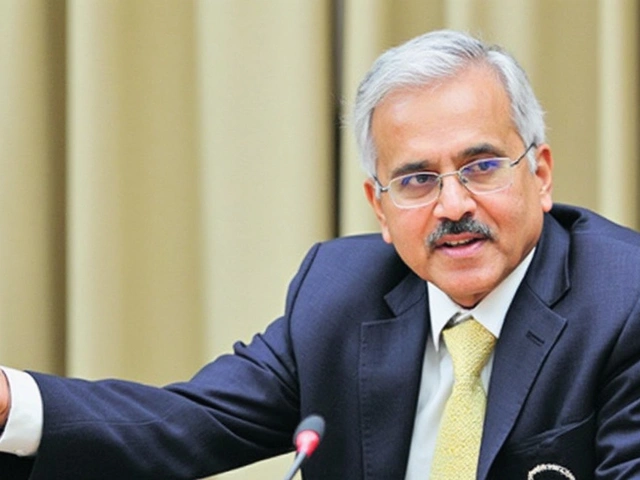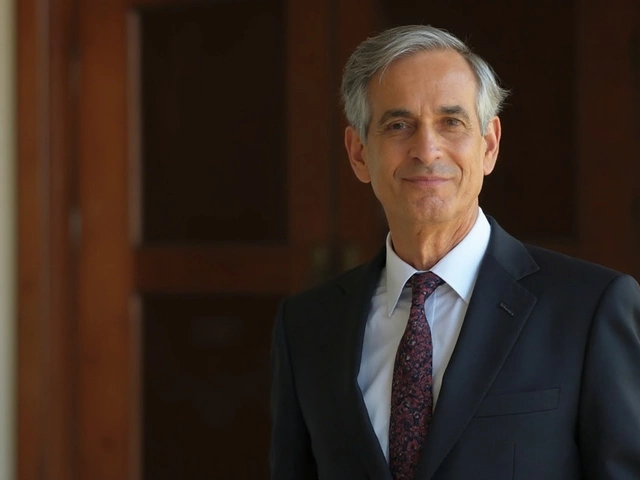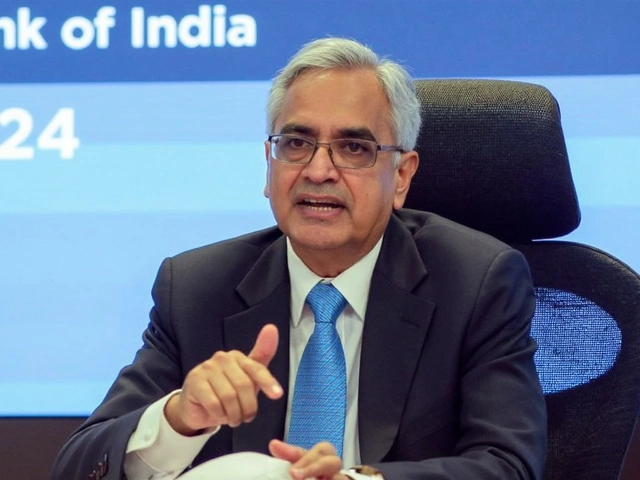Shaktikanta Das Takes on New Role as Second Principal Secretary to Prime Minister Modi
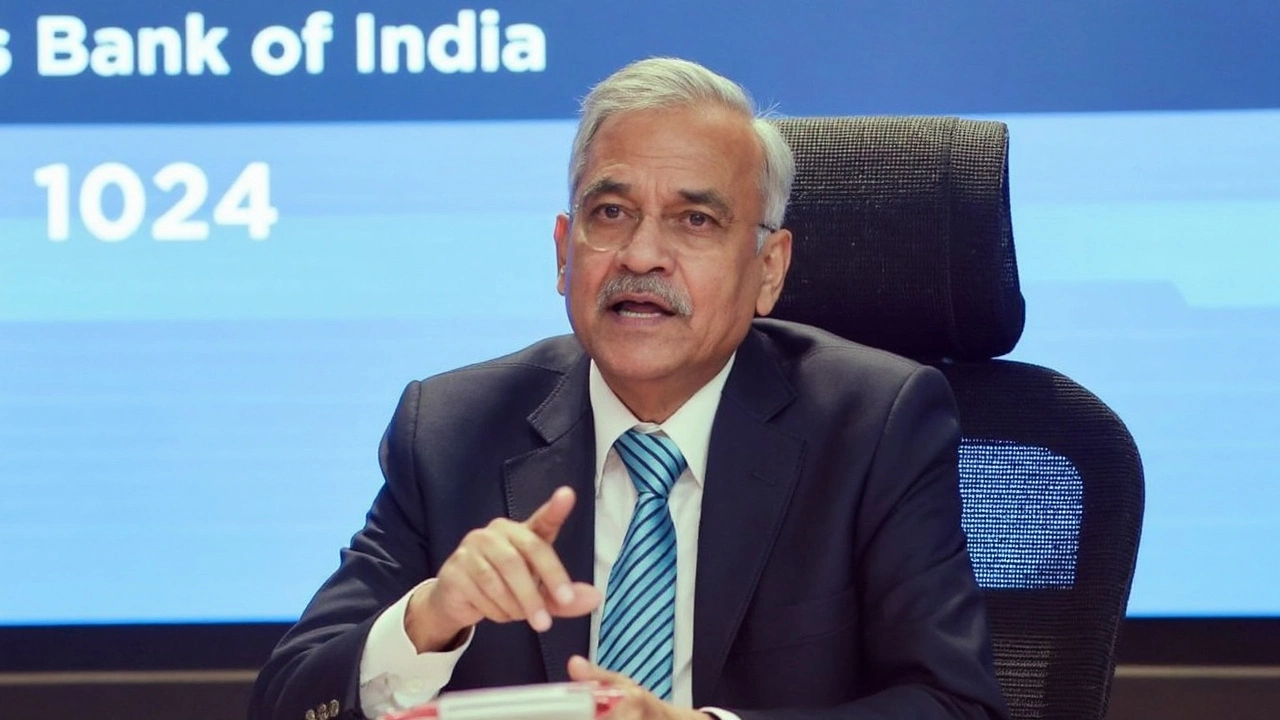
Shaktikanta Das: A New Chapter in His Illustrious Career
In a significant move, Shaktikanta Das, who once served as the governor of the Reserve Bank of India (RBI), has been appointed as the second Principal Secretary to Prime Minister Narendra Modi. This role, newly established by the government, underscores the trust and confidence reposed in Das’s abilities to navigate complex economic landscapes. His appointment was greenlit by the Appointments Committee of the Cabinet on February 23, 2025, cementing his place in the Prime Minister's close circle of advisors.
Das's impeccable track record during his six-year tenure as the RBI governor from 2018 to December 2023 speaks volumes of his adeptness in crisis management. Known for his pivotal role during the demonetization move in 2016 and handling the economic turbulence caused by the COVID-19 pandemic, Das has been instrumental in stabilizing India's monetary policy framework. His efforts to enhance communication between the central bank and the government have been widely acknowledged as a step towards greater fiscal synergy.
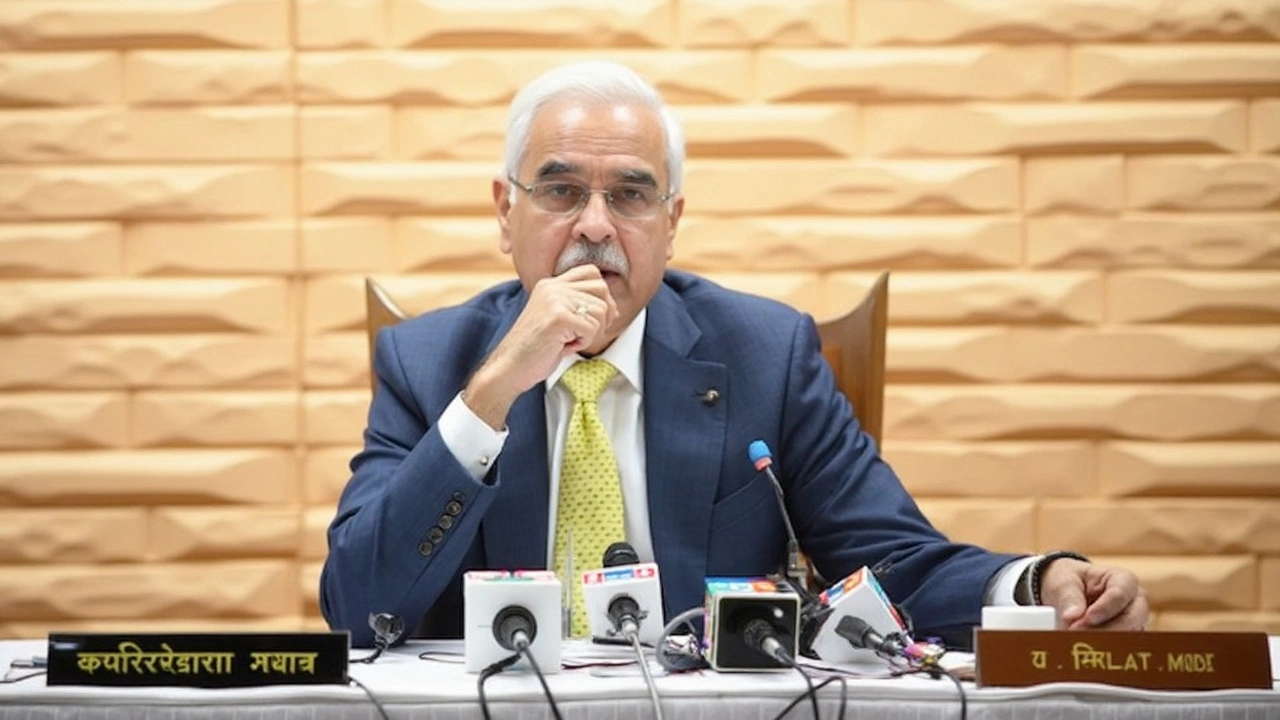
The Dynamics of the PMO with New Appointment
This adjustment within the Prime Minister's Office (PMO) comes at a time where coordination and strategic policy-making are critical. Das, an IAS officer from the 1980 batch of the Tamil Nadu cadre, brings 42 years of rich bureaucratic experience in areas of finance and governance. His expertise is anticipated to complement the existing strategies and direction of the PMO, providing a dual layer of insight along with PK Mishra, who remains the primary Principal Secretary.
The introduction of a second Principal Secretary role marks a strategic evolution in how the PMO will potentially operate. With Das at the helm, strengthening the PMO's policy framework, this move can be seen as a forward-looking strategy by PM Modi to ensure that economic and fiscal policies are managed with precision and foresight.
The nature of these appointments—being co-terminus with the Prime Minister's tenure—suggests an alignment of vision and execution between Das and the existing administrative setup. This, in turn, could foster even greater coherence in policy implementation, benefitting the overarching agenda of economic growth and stability propounded by the current administration.
